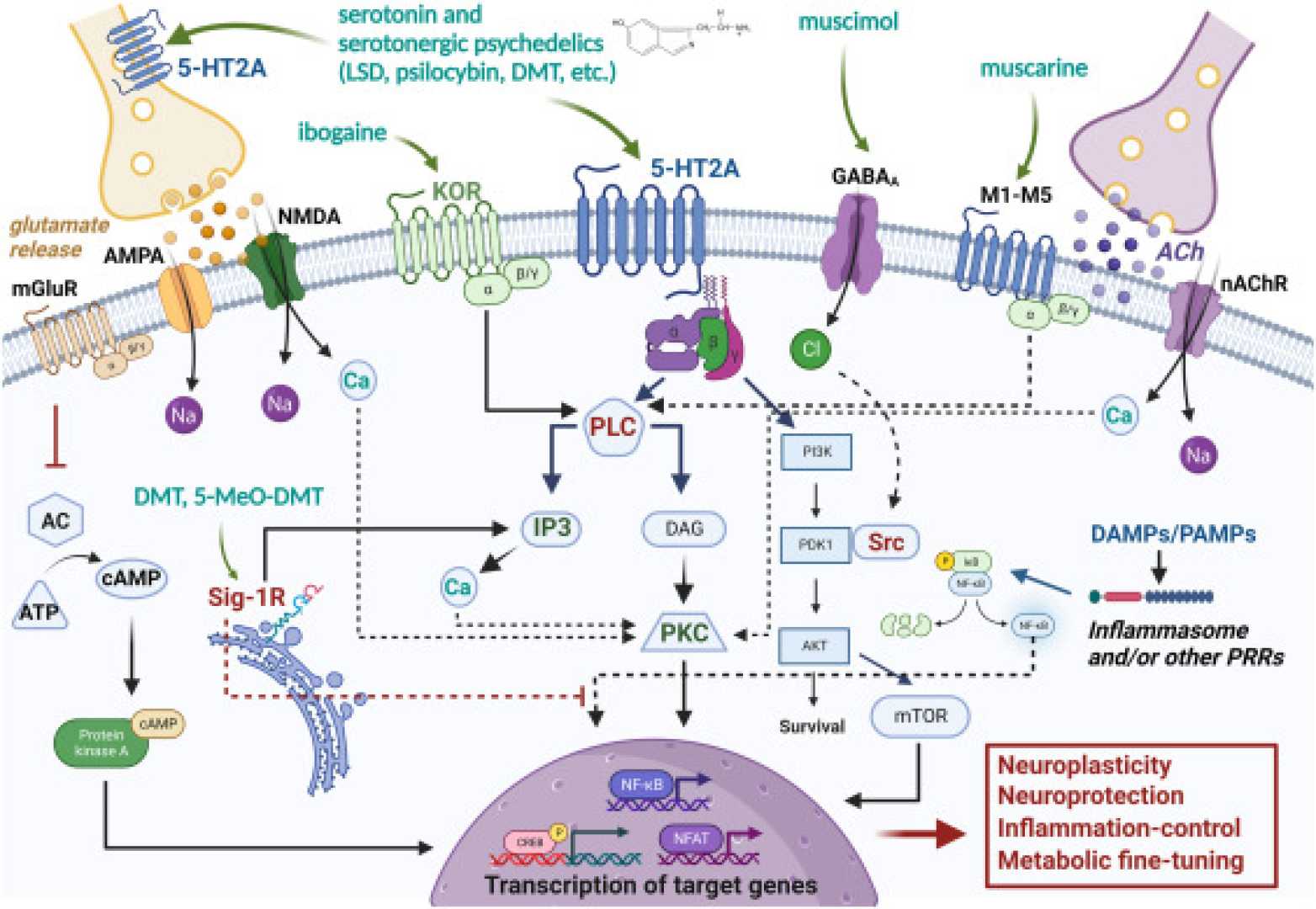Health
Clinical Program Tests Ibogaine for Neurodegenerative Diseases

Tijuana, Mexico — A new clinical program has launched to test ibogaine, a naturally occurring psychedelic, for support in treating neurodegenerative conditions like multiple sclerosis (MS). The initiative aims to provide therapeutic options in a safe, medically supervised environment.
The program opened to the public after a soft launch earlier this year and already has treated 30 patients at a dedicated facility. Besides MS, it welcomes individuals with stroke, traumatic brain injuries, and other related conditions. “We’re creating a safe, structured environment for people to explore ibogaine and could be on the verge of discovering its potential to aid brain healing,” said Jonathan Dickinson, Ambio’s CEO and co-founder.
Multiple sclerosis causes significant brain and spinal cord damage, resulting in symptoms like vision problems, coordination issues, fatigue, and pain. While current treatments can halt further damage and slow progression, they rarely restore lost functions. Ibogaine, currently illegal in the U.S., derives from the root bark of the African iboga plant and acts on critical brain receptors.
Lyndsey Ryan, Ambio’s chief therapy officer and an MS patient, shared her insights. “I’ve seen the challenges of living with these conditions and the limits of existing therapies. The positive feedback from patients, such as improvements in eyesight and mobility, is encouraging.”
In clinical observations, ibogaine has been shown to reduce lesion volume and alleviate symptoms in MS patients. Following treatment, some patients exhibited improvement in brain scans, indicating potential new neural connections.
Ryan explained that the treatment consists of a loading dose followed by microdosing, allowing for tolerability and support. Additionally, the program provides group sessions for ongoing support during and after treatment. While Ambio does not claim to cure these conditions, it hopes to enhance patients’ quality of life and gather insights for further research.
Notable figures like country music artist Clay Walker and NFL Hall of Famer Brett Favre have participated in this program. Walker, diagnosed with MS in 1996, noted his positive experience, saying, “My journey with ibogaine was extraordinary; it relieved painful tightness and provided real relief from stress.”
Favre, diagnosed with Parkinson’s in early 2024, expressed his enthusiasm for the program, stating, “I’ve felt a real shift, especially in my sleep and energy.” He encourages athletes facing long-term effects from their careers to consider ibogaine therapy.
Ambio is collaborating with Dalhousie University in Halifax, Canada, to investigate how ibogaine influences neuroinflammation in conditions like MS and Parkinson’s. “Every participant helps us learn what’s possible,” added Ryan.












